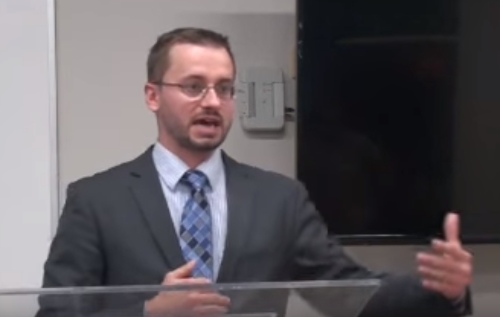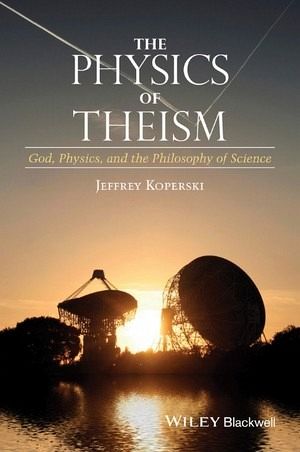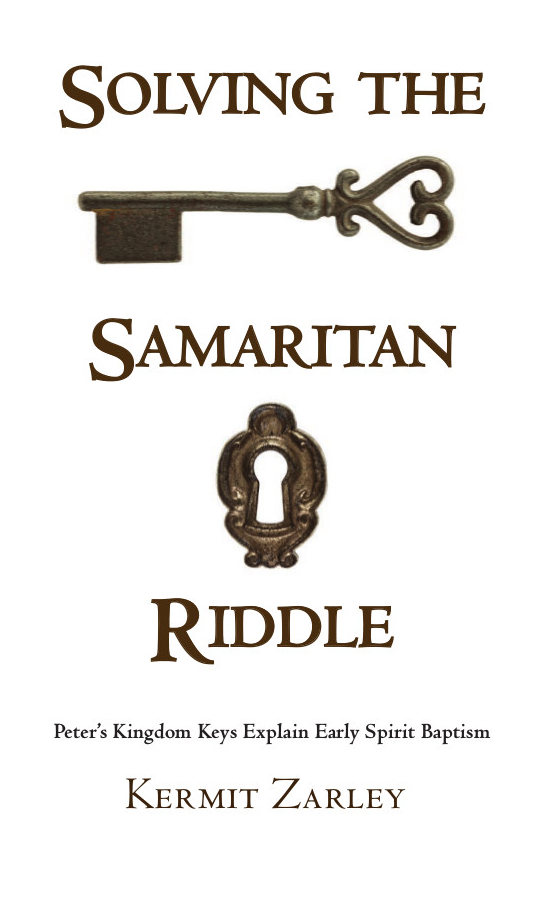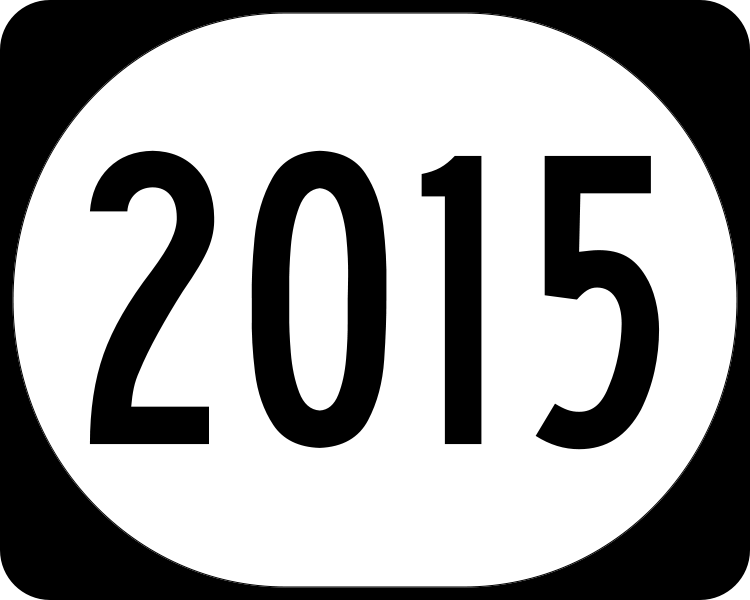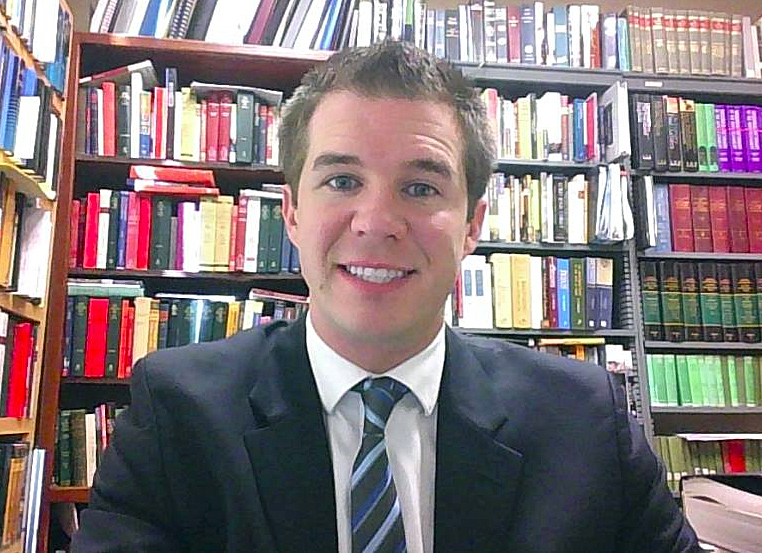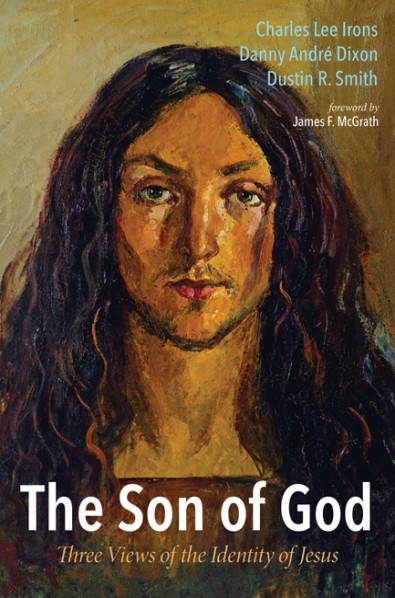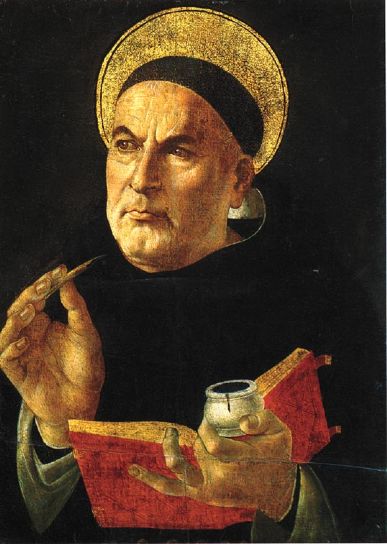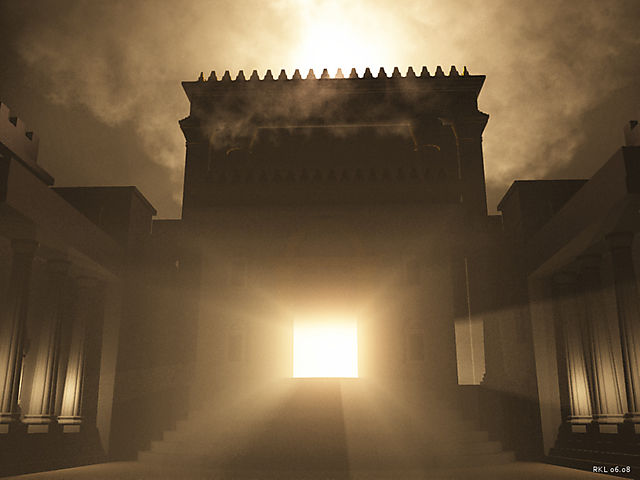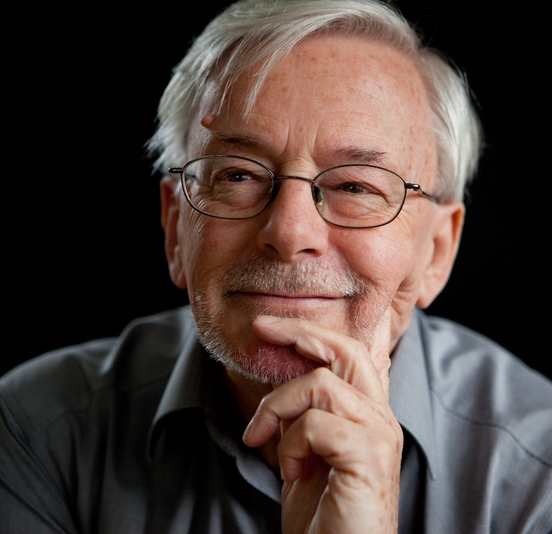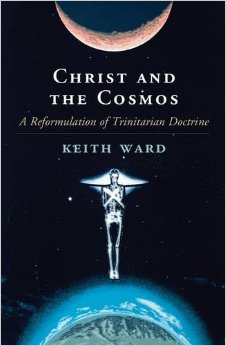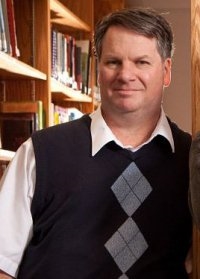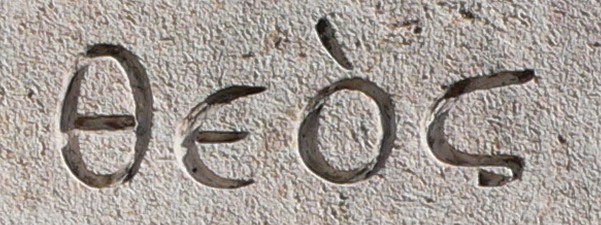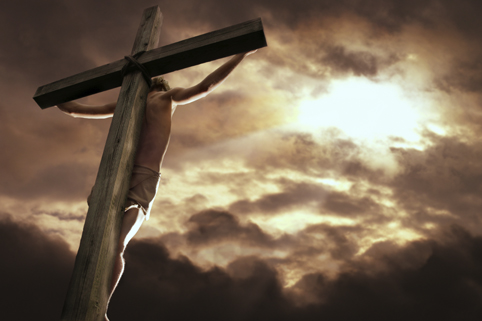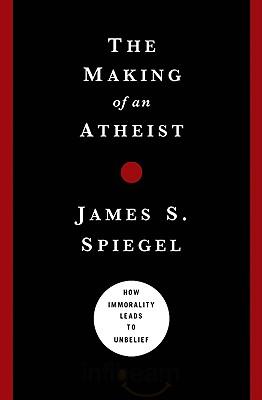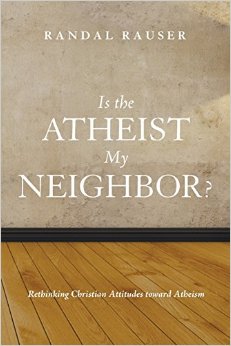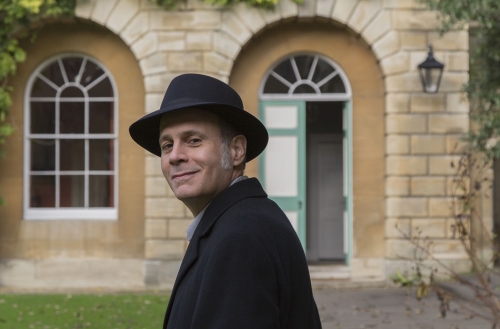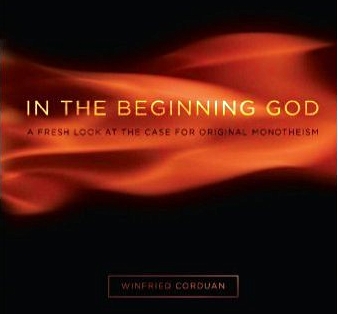Interview
podcast 134 – Dr. Jeffrey Koperski on 10 Science and Religion Myths – Part 2
Has “Science” shown that all causes are natural? Philosopher of science Dr. Jeffrey Koperski doesn’t think so.
podcast 133 – Dr. Jeffrey Koperski on 10 Science and Religion Myths – Part 1
Is “Science” at war with “Religion”? Philosopher of science Dr. Jeffrey Koperski says that this is myth and not reality.
podcast 127 – Kermit Zarley’s Solving the Samaritan Riddle
“I will give you the keys of the kingdom of heaven, and whatever you bind on earth will be bound in heaven, and whatever you loose on earth will be loosed in heaven.”
2015: the trinities podcast in review
2015 was a good year for the trinities podcast! Many thanks to those who supported it via PayPal or Amazon. Here are some highlights, month by month: January: podcast 70 – The one God and his Son according to John February: podcast 74 – Justin Martyr’s Dialogue with Trypho – Part 1 March: podcast 81 – Dr. Oliver Crisp on the breadth of Reformed tradition April: podcast 83 – The Spiritual… Read More »2015: the trinities podcast in review
podcast 119 – The Son of God 3 – Dr. Dustin Smith’s “Socinian” view of Jesus
In this last of three interviews with the authors of The Son of God: Three Views of the Identity of Jesus, we talk with Dr. Dustin Smith of Atlanta Bible College.
podcast 118 – The Son of God 2 – Mr. Danny Andre Dixon’s “Arian” view of Jesus
Many Christians in the 2nd to the 4th centuries, and many since, have read the famous opening of the gospel according to John like this: In the beginning [i.e. at the Genesis creation, but not necessarily before] was the Word [i.e. the pre-human Jesus], and the Word was with God [i.e. the Father], and the Word was divine.
podcast 117 – The Son of God 1 – Dr. Lee Irons’s trinitarian view of Jesus
Dr. Lee Irons on his contribution to the new book The Son: Three Views of the Identity of Jesus, interview by Dr. Dale Tuggy for episode 117 of the trinities podcast.
podcast 112 – Dr. Joseph Jedwab on divine omnipresence – Part 2
In this second philosophical conversation with Dr. Joseph Jedwab we discuss some of his reasons for thinking that God is strictly aspatial but loosely spatial and present at all places.
podcast 111 – Dr. Joseph Jedwab on divine omnipresence – Part 1
Theologians say that God is everywhere, which is to say omnipresent or ubiquitous. But why do that say this, and what does the claim mean?
podcast 110 – Dr. Keith Ward on Christ and the Cosmos – Part 2
What does it mean to say that God is triune? Is this to say that the one God is a loving community of three divine selves? Or is there but one self common to the Trinity?
podcast 109 – Dr. Keith Ward on Christ and the Cosmos – Part 1
Dr. Keith Ward is a prolific and influential theologian, philosopher, and scholar of religions. He’s also an Anglican priest. In this first of two interviews on his 2015 book Christ and the Cosmos: A Reformulation of Trinitarian Doctrine, we discuss his christology, how to understand what is unique about the man Jesus.
podcast 108 – Dr. Robert M. Bowman Jr. on triadic New Testament passages – part 2
In this episode Dr. Bowman and I continue our discussion from last week, about some of the New Testament passages he discusses in his “Triadic New Testament Passages and the Doctrine of the Trinity.”
Dr. Carl Mosser on deification in theology and in the Bible
Here are three more excellent new videos by Notre Dame’s Center for Philosophy of Religion! (subscribe here): Dr. Carl Mosser on deification. What, you as, is that? And isn’t that just a weird Orthodox idea? OK… but what does it mean? And doesn’t this sort of talk raise a bunch of philosophical issues? But seriously… where is this in the Bible? Want more in depth… Read More »Dr. Carl Mosser on deification in theology and in the Bible
a mini-course on atonement by Dr. Josh Thurow
I’ve received some excellent feedback on my two podcast episodes with Dr. Josh Thurow (University of Texas at San Antonio) on theories of atonement in Christian theology. Now, courtesy of Notre Dame’s Center for Philosophy of Religion (subscribe here) you can hear and see him explaining the basic ideas. Here’s your mini-course on atonement. First, watch these: Now, listen to the trinities podcast episodes, which… Read More »a mini-course on atonement by Dr. Josh Thurow
podcast 105 – Dr. James Spiegel on The Making of an Atheist
In his 2010 book The Making of an Atheist: How Immorality Leads to Unbelief, Dr. James Spiegel, professor of Philosophy and Religion at Taylor University, argues that unbelief results more from the will than from the mind. Drawing on the Bible, Plantingian epistemology, and contemporary psychology, in this book he builds a theory of the source of atheistic belief.
podcast 103 – Dr. Randal Rauser: Is the Atheist my Neighbor? Part 1
“Fools say in their hearts, “There is no God.”” (Psalm 14:1) This says that all atheists are fools, right? Pastor John Hagee says that “Atheism is bankrupt and empty. It’s brain dead!” Others have said that all atheists because they hate God and want to sin with impunity. Is this what the Bible teaches? Is this true?
podcast 102 – Dr. Brian Leftow on perfect being theology
If we accept that God is the greatest being there could possibly be, this will guide our theorizing about God. As Dr. Leftow explains, the method can be uncertain and hazardous. Still, it seems an indispensable tool in Christian thinking about God.
podcast 101 – Dr. Brian Leftow: from Jerusalem to Athens
Since 2002, Dr. Brian Leftow has been the Nolloth Professor of the Philosophy of the Christian Religion at Oriel College, Oxford University. He taught for many years at Fordham University in New York City before moving to Oxford. Dr. Leftow has written over 90 professional articles and book chapters on metaphysics, medieval philosophy, and philosophical theology.
podcast 96 – Dr. Winfried Corduan on the case for original monotheism
In this recent book, Dr. Winfried Corduan re-opens the case for “original monotheism,” the view that the forms of human religion which are probably the oldest, are mostly monotheistic, which is what one would expect if the earliest human religions were all or mostly monotheistic.
